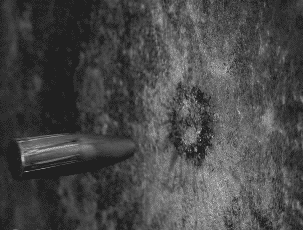- Joined
- Aug 20, 2006
- Messages
- 13,000
Researchers with Caltech and Quebec’s INRS University have developed a camera that can capture even the quickest, briefest details and present them in extremely slow motion. Described as the “world’s fastest camera,” the “T-CUP” photography system is reportedly capable of capturing 10 trillion frames per second, which is fast enough to freeze light and other dynamic phenomena.
“We knew that by using only a femtosecond streak camera, the image quality would be limited,” says Professor Lihong Wang, the director of Caltech Optical Imaging Laboratory (COIL). “So to improve this, we added another camera that acquires a static image. Combined with the image acquired by the femtosecond streak camera, we can use what is called a Radon transformation to obtain high-quality images while recording ten trillion frames per second.”
“We knew that by using only a femtosecond streak camera, the image quality would be limited,” says Professor Lihong Wang, the director of Caltech Optical Imaging Laboratory (COIL). “So to improve this, we added another camera that acquires a static image. Combined with the image acquired by the femtosecond streak camera, we can use what is called a Radon transformation to obtain high-quality images while recording ten trillion frames per second.”
![[H]ard|Forum](/styles/hardforum/xenforo/logo_dark.png)

